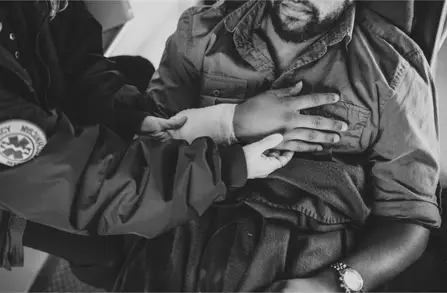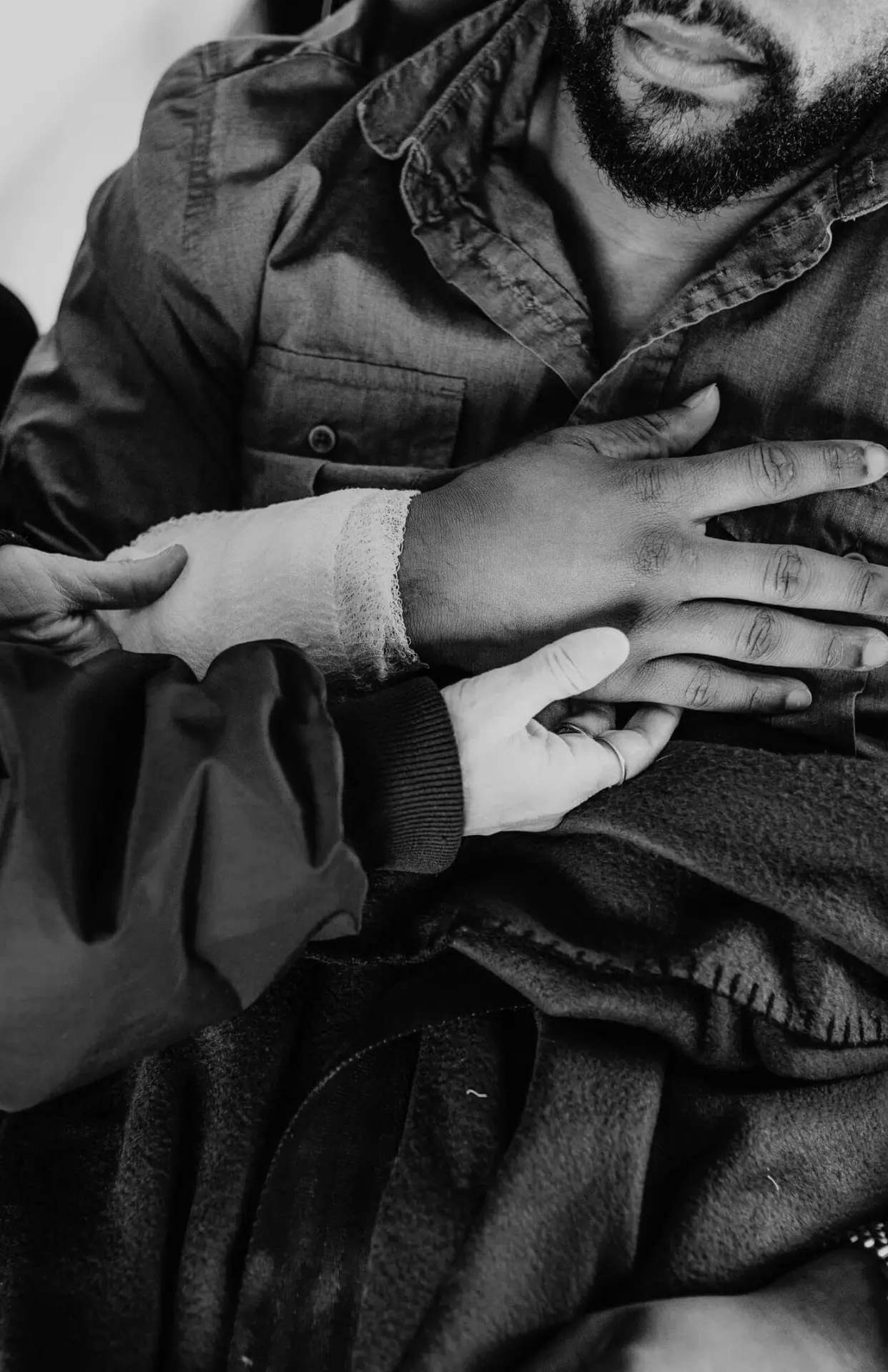Kansas | Missouri | Midwest
Catastrophic Personal Injury
What is a Catastrophic Injury Case?
Catastrophic injuries occur when an individual suffers severe physical, emotional, or psychological harm due to the negligence or intentional actions of another party. These injuries can lead to lifelong disabilities, trauma, and financial strain. Catastrophic injuries can include spinal cord injuries, traumatic brain injuries, and other disfiguring or disabling injuries, including severe fractures, burns, and amputations.

Catastrophic Personal Injury
Catastrophic Personal Injury
Severe physical or psychological harm resulting from another’s negligence or intentional misconduct
Common Catastrophic Injury Cases
Car or truck accidents resulting in severe injuries like spinal cord damage or traumatic brain injury.
Workplace accidents causing permanent disabilities or loss of limbs.
Medical malpractice leading to life-changing conditions, such as paralysis or brain injury.
Assault cases causing catastrophic psychological and physical trauma.
Dog bites causing serious injuries, disfigurement, or long-term physical and emotional harm.
Liability Types
Driver Negligence: If a driver’s failure to obey traffic laws causes severe injuries.
Employer Responsibility: If a workplace injury leads to long-term disability due to unsafe practices.
Medical Malpractice: When a doctor’s error results in life-altering harm.
Premises Liability: Property owners who fail to maintain safe conditions, causing serious injury.
Common Causes
Distracted or reckless driving.
Unsafe working environments or equipment.
Medical negligence or surgical errors.
Violent assaults or criminal actions leading to severe harm.
Types of Compensation
Medical Expenses: Coverage for treatment, surgery, and long-term care.
Pain and Suffering: Compensation for physical and emotional distress.
Lost Wages: If the injury prevents the victim from working.
Loss of Consortium: For family members affected by the victim’s injury.
What to Do After a Catastrophic Injury
Seek immediate medical attention and document your injuries.
Report the incident to the proper authorities (police, employer, etc.).
Gather evidence and witness statements.
Contact an experienced personal injury lawyer for legal advice and guidance.

